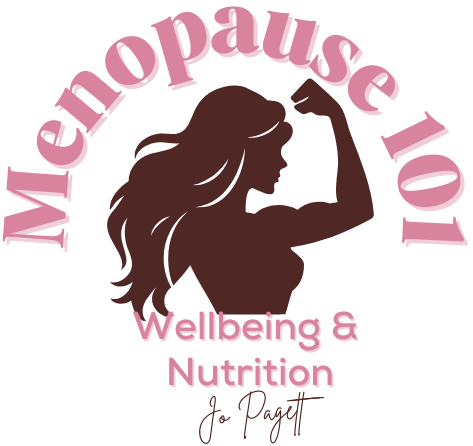Menopause is a natural biological process that marks the end of a woman’s reproductive years. It typically occurs in the late 40s or early 50s, and it is defined as the absence of menstruation for 12 consecutive months.
Wellness refers to the state of being in good health, both physically and mentally, and actively pursuing practices that promote a balanced and fulfilling life. It encompasses various dimensions, including physical, mental, emotional, social, and sometimes even spiritual well-being. Achieving wellness involves making conscious choices and adopting behaviors that contribute to overall health and quality of life.
Menopause is associated with various physical and emotional changes due to a decline in Oestrogen and other hormonal levels. Maintaining wellness during menopause involves addressing both the physical and emotional aspects of this transition. To ensure we experience a healthy balance it’s important to look at Wellness at holistic level to encompass a fulfilled wellbeing.
Let’s look at some of the 10 key aspects to a fulfilled and balanced menopause wellness:
Healthy Lifestyle Choices
Nutritious Diet, Focusing on trying to eat the Rainbow to encompass a diet rich in fruits, cruciferous vegetables and whole grains, which should be accompanied with lean proteins, both animal and vegetable.
Calcium and vitamin D are particularly important for bone health.
Regular Exercise, Engage in regular physical activity, including both aerobic exercises and strength training, to maintain overall health and manage weight.
Bone Health
Include foods high in calcium and vitamin D, or consider supplements if needed, to support bone health.
Weight-bearing exercises can help maintain bone density and reduce the risk of Osteoporosis.
Heart Health
During Perimenopause and beyond the risk of Cardiovascular Heart Disease (CVD) increases. To maintain a healthy heart it’s important to adopt heart-healthy habits, such as regular exercise, a balanced diet, and maintaining a healthy weight.
Hormone Replacement Therapy (HRT)
HRT should be considered, although it isn’t always for everyone and it is recommended that you discuss the potential benefits and risks of HRT with your Doctor or Practice Nurse. HRT can help alleviate some menopausal symptoms, but it may not be suitable for everyone. There is a more detailed section on HRT.
Managing Menopausal Symptoms
Menopausing systems are wide are varied and differ between us all. There are approximately 40 different Menopause symptoms, which is why there is a more detailed section to cover some of the more common ones, like hot flushes, night sweats, mood swings, and sleep disturbances through various strategies, including mindfulness, relaxation techniques, and adequate sleep hygiene.
Emotional Wellbeing
Please remember, you are not on your own, reach out, seek support from friends, family, or support groups. Emotional and mental health is an essential aspect of overall wellness during menopause. Anxiety and Panic Attacks are a side affect of Menopause and are more common that realised. That can happen when unexpected and knock you off guard, but don’t panic, there is support.
Counseling, CBT or therapy can really help if you’re experiencing significant emotional challenges.
Regular Health Checkups
Schedule regular checkups with to monitor and manage any potential health concerns associated with menopause.
Vaginal Health
As we transition through the Menopause phase our bodies change and some of us ladies will unfortunately suffer with Vaginal Atrophy which causes dryness, itchiness and irritation. Vaginal atrophy is caused by hormonal changes and is an inflammation of the vagina that causes a shrinking and thinning of vaginal tissues. Other causes are cancer and it’s treatments, childbirth, contraceptives and other events that impact on hormones.
To relieve discomfort and support good vaginal health the use of vaginal moisturizers, lubricants are suggested, or a conversation with your Doctor may be necessary should you require prescription medications.
Maintain a Healthy Weight
Focus on maintaining a healthy weight through a combination of regular exercise and a balanced diet.
Stay Informed & Communicate
I can’t stress enough how important it is to stay educated about the changes your body is going through during menopause. Understanding the process can help you manage it more effectively.
Talking and communicating is so important, as hormones fluctuate emotions and feelings change at the flick of a switch sometimes and this can have wide reaching impacts on not only you, but also on friends and family. It can be hard to communicate sometime and get across what you are trying to say. Remember, not everyone or partner, husband, wife gets it. So always try to “be kind”, I know it’s not always easy.
It’s important to note that menopause experiences can vary widely among person to person.
That’s why I’m here to help you create a personalised wellness plan tailored to your specific needs and health status.

